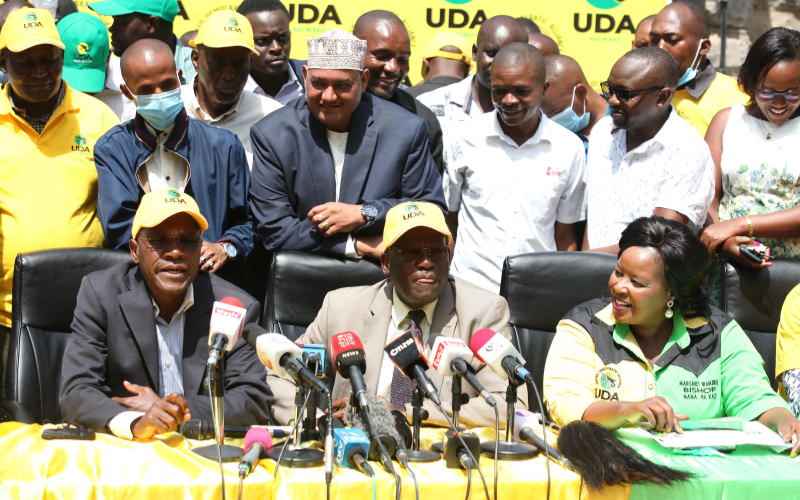
The upcoming electoral debut of the United Democratic Alliance (UDA) is the beginning of the end of Jubilee Party. Media reports suggest that UDA will be the preferred special purpose vehicle for Deputy President William Ruto’s 2022 presidential run.
And just like that, we will witness the demise of yet another major national party. Remarkably, since 2002 no ruling party or coalition has remained intact for more than five years. President Mwai Kibaki’s NARC fractured in his first term. The Party of National Unity (PNU) barely survived his second term.